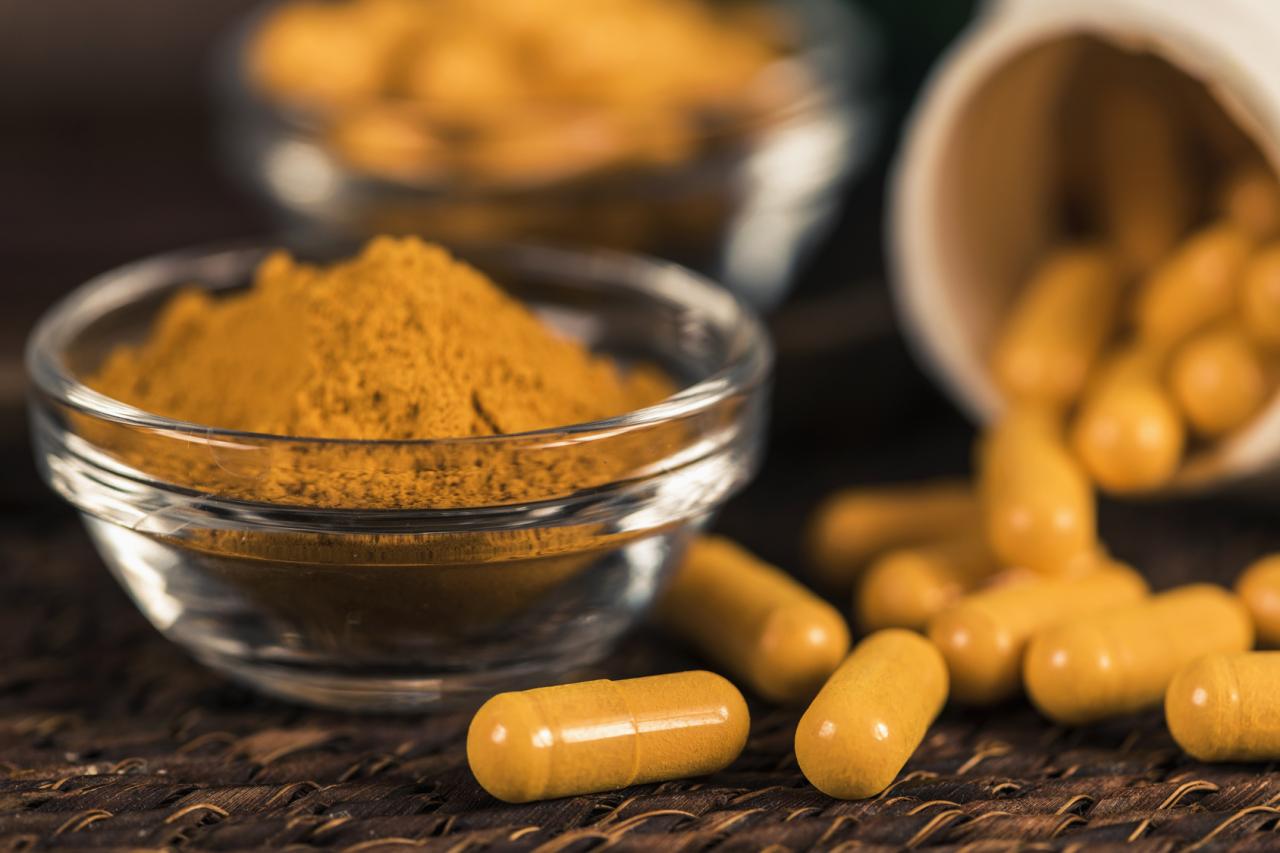 Photo: Getty Images
Photo: Getty Images
Heart disease and stroke are intrinsically intertwined. Both conditions share many of the same risk factors--smoking, high cholesterol, diabetes, stress, high blood pressure, obesity, and lack of exercise--so it’s only logical that where one condition is found, the other often follows. The presence of one of these conditions naturally increases the risk of the other. Stroke is currently the number three killer (heart disease is number one) in the United States. Most people think stroke is a condition that affects only older persons. However, recent research points to a disturbing trend regarding the rate of acute ischemic strokes in younger Americans.
Strokes come in two different flavors – hemorrhagic and ischemic. Hemorrhagic strokes are caused when one of the major arteries in the brain ruptures and causes bleeding in the brain. Unlike hemorrhagic strokes, persons with ischemic strokes suffer no rupture or bleeding in the brain. Ischemic strokes are the result of a lack of adequate blood supply to the brain, which is generally caused when the arteries in the brain become blocked.
According to the Centers for Disease Control and Prevention (CDC), the rate of ischemic strokes in younger adults and children has experienced a significant increase in recent years. Their findings indicate the following increases:
Ages 5 – 14 years
Boys: 31 percent increase
Girls: 36 percent increase
Ages 15 – 34 years
Men: 51 percent increase
Women: 17 percent increase
Ages 35 – 44 (younger middle-aged)
Men: 47 percent increase
Women: 36 percent increase
Needless to say, these results are extremely disturbing. CDC researchers speculated that the increase of hypertension as well as obesity, may be contributing factors to the increase in ischemic stroke in younger persons.
Because stroke is considered by many to be a condition that strikes only older Americans, it’s important to know that symptoms and take action if you suspect that you or someone you know may be having a stroke. Symptoms generally come on very suddenly. According to the Mayo Clinic, symptoms of a stroke include the following:
• “Sudden numbness, weakness, or paralysis of the face, arm or leg, usually on one side of the body
• Sudden loss of speech or trouble talking or understanding speech
• Sudden blurred, double or decreased vision
• Sudden dizziness, loss of balance or loss of coordination
• Sudden confusion or problems with memory, spatial orientation or perception
• Sudden, severe headache (often described as a thunderclap out of the blue) or unusual headache, which may be accompanied by a stiff neck, facial pain, pain between the eyes, vomiting or altered consciousness. Altered consciousness may be a symptom of hemorrhagic stroke.” (The Mayo Clinic, Stroke Symptoms, http://www.mayoclinic.org/stroke/symptoms.html)
While there are certainly other conditions which may have similar symptoms, it’s better to err on the side of caution and seek emergency medical assistance immediately if you suspect a stroke. Since the blood flow to the brain is blocked during a stroke, damage to the brain begins immediately. Time is of the essence in treating strokes. Without immediate intervention, strokes may cause lasting permanent damage (disability) and even death.
The research was presented at the American Stroke Association International Stroke Conference 2011.
Sources:
Stroke, The Mayo Clinic, 2011, http://www.mayoclinic.org/stroke/
American Heart Association (2011, February 9). Ischemic stroke hospitalizations decline in middle-aged, elderly, increases in young. ScienceDaily. Retrieved February 12, 2011, from http://www.sciencedaily.com¬ /releases/2011/02/110209121655.htm






Add a CommentComments
There are no comments yet. Be the first one and get the conversation started!